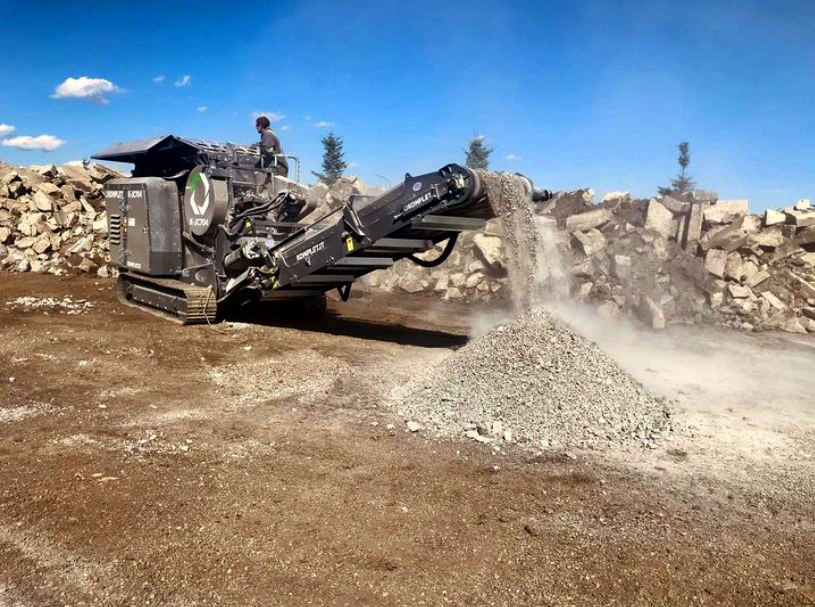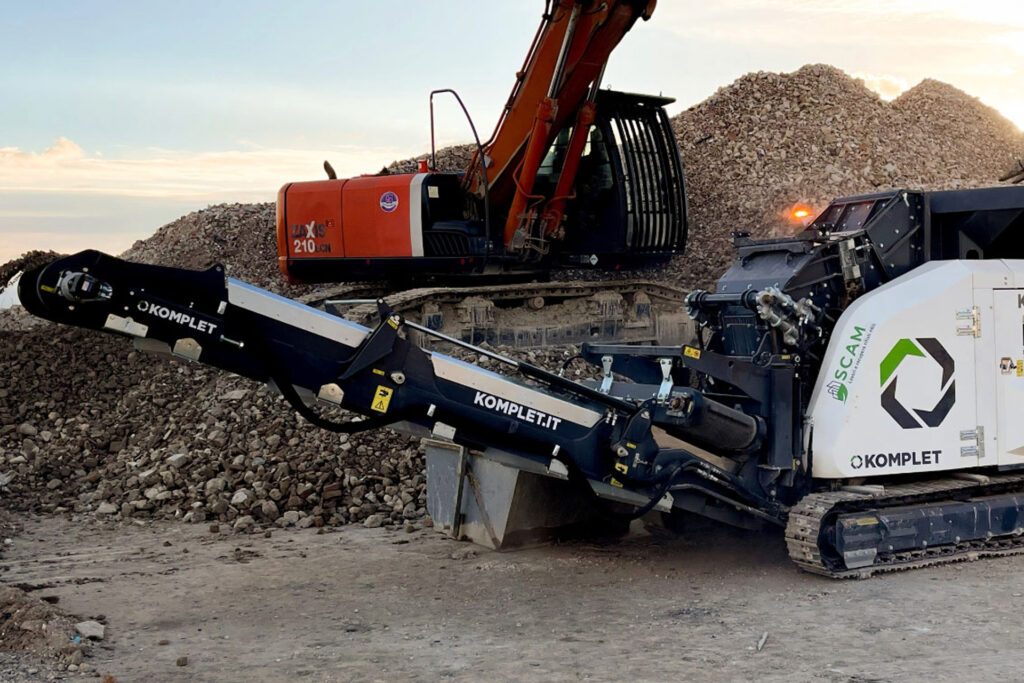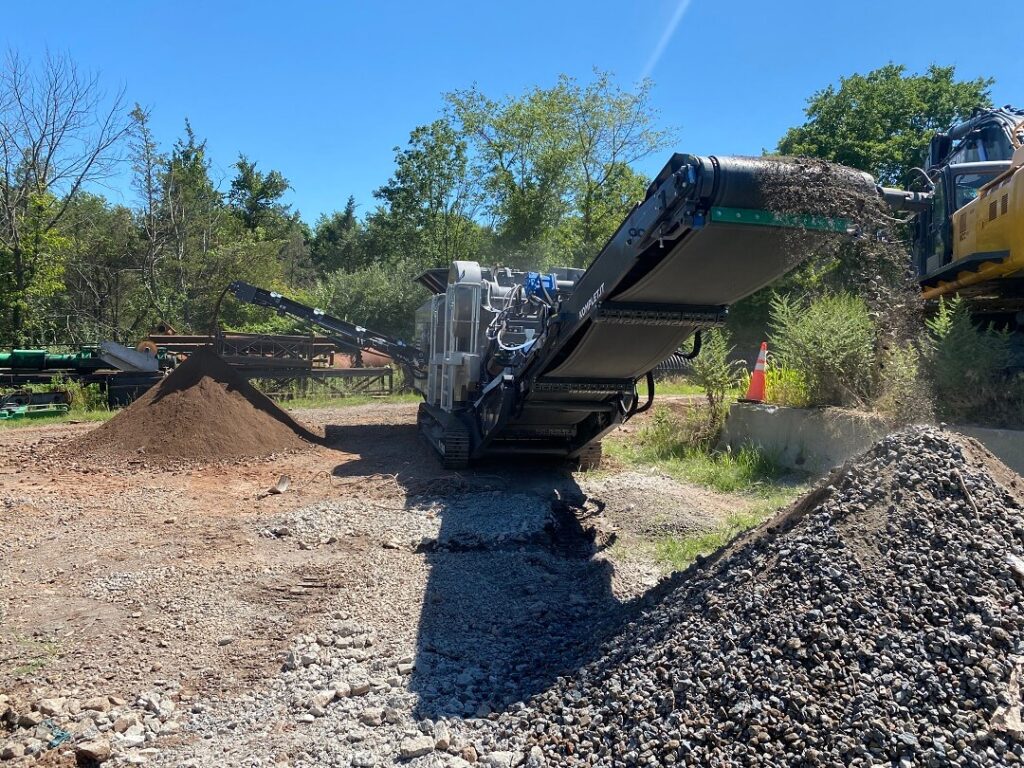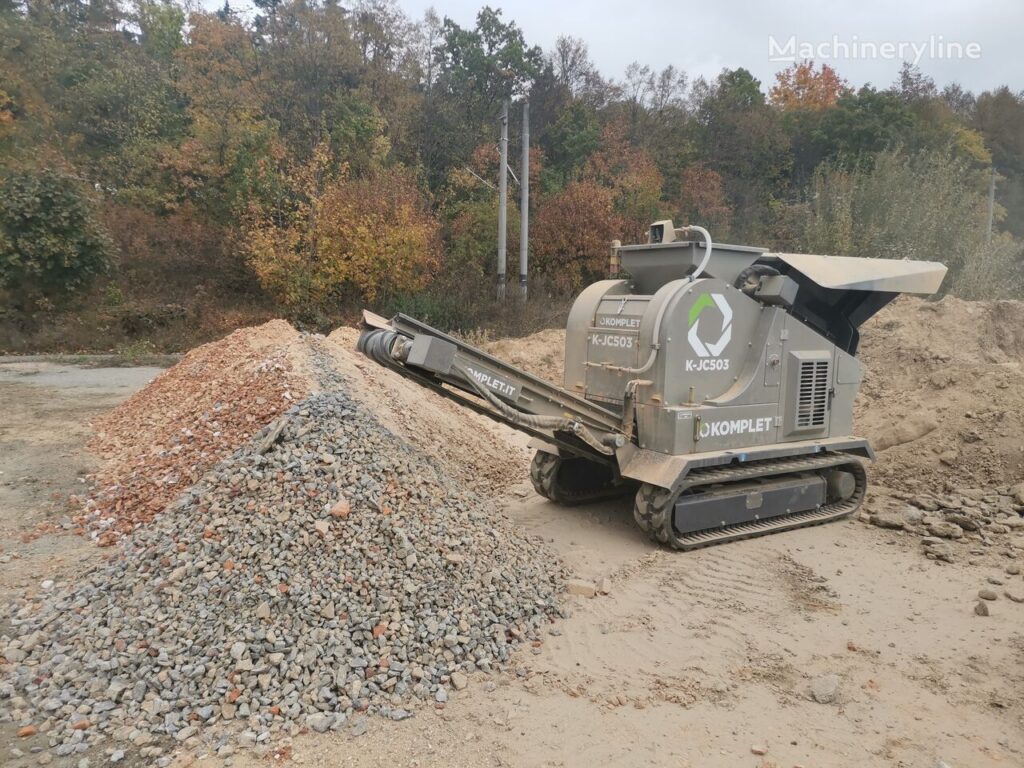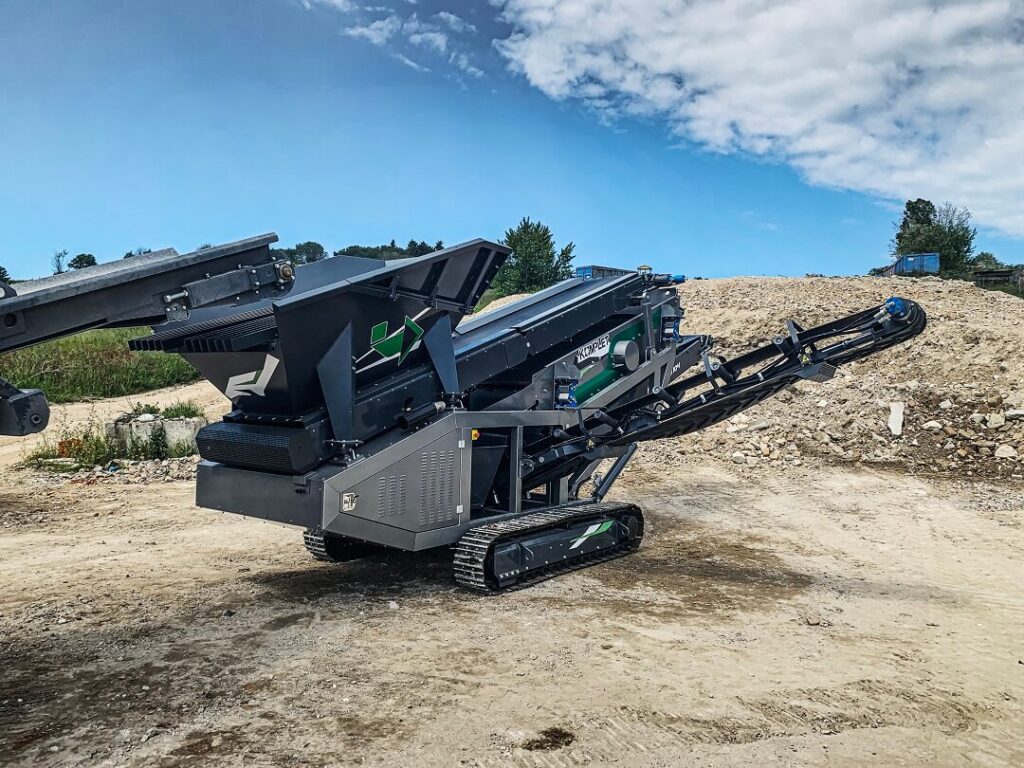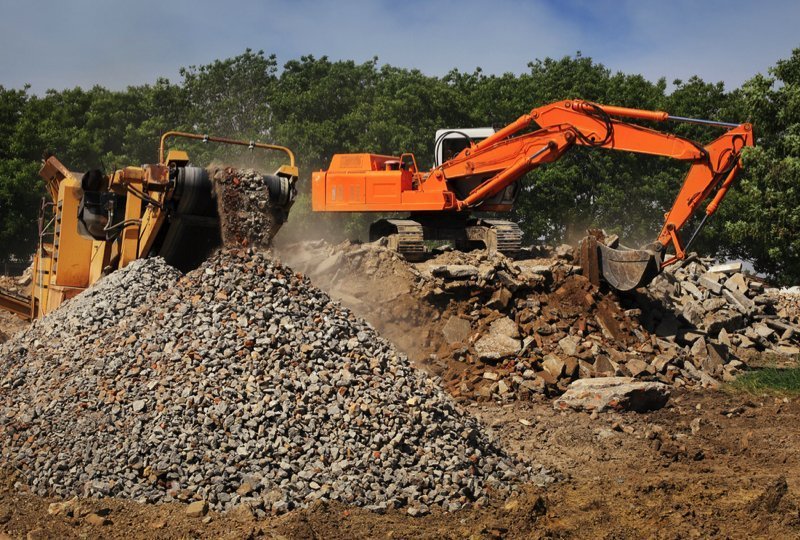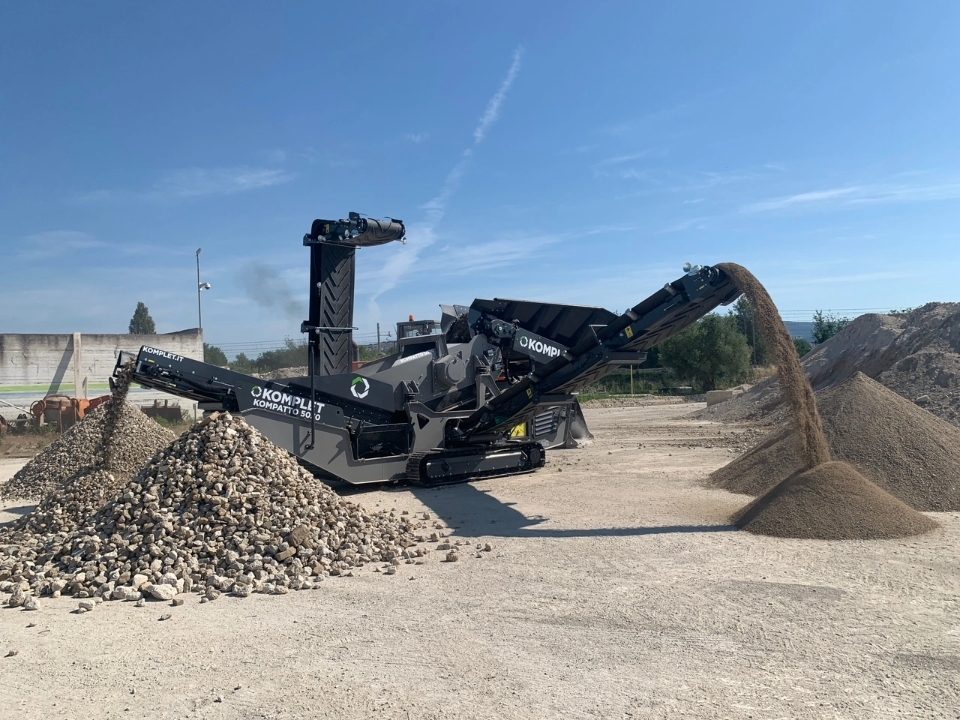Why Mobile Jaw Crushers are Useful for Recycling
Explore the versatile applications of mobile jaw crushers, from construction and demolition waste to asphalt and scrap metal recycling. Introduction The world is undergoing a significant transformation, with an ever-increasing emphasis on sustainability and environmentally friendly practices. Among the many technological advancements driving this change, mobile jaw crushers stand out as a pivotal innovation in the recycling industry. These machines are revolutionizing how you handle waste materials, offering unparalleled versatility, efficiency, and environmental benefits. In this blog, you can have an idea about the various applications of mobile jaw crushers in recycling and their impact on creating a more sustainable future. The Evolution of Mobile Jaw Crushers Mobile jaw crushers have come a long way from their stationary counterparts. Initially designed for quarrying and mining operations, these crushers have been adapted to meet the growing demands of the recycling industry. The ability to move these machines to different locations has been a game-changer, making them ideal for on-site recycling operations. Modern mobile jaw crushers are equipped with advanced features that enhance their performance and efficiency. These include automated control systems, hybrid power options, and real-time monitoring capabilities. These innovations not only improve the crushing process but also ensure compliance with environmental regulations and safety standards. Versatile Applications in Recycling One of the primary advantages of mobile jaw crushers is their versatility. They can process a wide range of materials, making them suitable for various recycling applications. Here are some of the key areas where mobile jaw crushers are making a significant impact: 1. Construction and Demolition Waste Recycling Construction and demolition (C&D) waste is a major source of recyclable materials. Traditional methods of handling this waste involve transporting it to a recycling facility, which can be costly and time-consuming. Mobile jaw crushers provide an efficient alternative by allowing the processing of C&D waste on-site. This not only reduces transportation costs but also minimizes the environmental impact associated with hauling waste over long distances. Concrete, bricks, asphalt, and other materials can be crushed and screened directly at the demolition site. The resulting aggregate can be reused in new construction projects, providing a sustainable source of building materials. This closed-loop approach not only conserves natural resources but also reduces the demand for virgin materials. 2. Asphalt Recycling Asphalt recycling is another area where mobile jaw crushers excel. Old asphalt pavement, removed during road maintenance or reconstruction, can be processed on-site using these machines. The crushed asphalt can then be reused in new pavement, reducing the need for fresh asphalt and minimizing the environmental footprint of road construction projects. Mobile jaw crushers are particularly effective in handling reclaimed asphalt pavement (RAP), which contains valuable bitumen and aggregates. By recycling RAP, construction companies can lower their material costs and contribute to a more sustainable infrastructure. 3. Scrap Metal Recycling Scrap metal recycling is essential for conserving valuable resources and reducing landfill waste. Mobile jaw crushers play a crucial role in this process by crushing large pieces of scrap metal into smaller, manageable sizes. This facilitates the separation and sorting of different metals, which can then be sent to smelters for further processing. The mobility of these crushers allows scrap metal recyclers to process materials at various locations, such as demolition sites, industrial facilities, and scrap yards. This flexibility enhances the efficiency of the recycling process and helps recover valuable metals that would otherwise go to waste. 4. Aggregate Recycling Aggregates, such as gravel, sand, and crushed stone, are vital components of construction projects. Mobile jaw crushers are instrumental in recycling these materials from demolished structures and old pavement. The recycled aggregates can be used in a variety of applications, including road construction, concrete production, and landscaping. By recycling aggregates, construction companies can reduce their reliance on natural resources and minimize the environmental impact of mining operations. Mobile jaw crushers make it easy to process and repurpose aggregates on-site, ensuring a steady supply of recycled materials for ongoing projects. Environmental and Economic Benefits The use of mobile jaw crushers in recycling offers numerous environmental and economic benefits. Future Trends and Innovations The future of mobile jaw crushers in recycling looks promising, with ongoing advancements in technology and design. One emerging trend is the integration of hybrid power systems, which combine diesel and electric power to reduce fuel consumption and emissions. This not only makes the crushers more environmentally friendly but also lowers operating costs. Another exciting development is the use of data analytics and IoT (Internet of Things) technology. These innovations enable real-time monitoring and predictive maintenance, ensuring that mobile jaw crushers operate at peak efficiency. By identifying potential issues before they become major problems, operators can minimize downtime and extend the lifespan of their equipment. Bottom Line Mobile jaw crushers are proving to be a transformative force in the recycling industry. Their versatility, efficiency, and environmental benefits make them indispensable tools for managing construction and demolition waste, asphalt, scrap metal, and aggregates. As technology continues to advance, the applications of mobile jaw crushers from Komplet in recycling are likely to expand even further. With mobile jaw crushers at the forefront, the recycling industry is well-equipped to meet the challenges of the 21st century and beyond.
Why Mobile Jaw Crushers are Useful for Recycling Read More »
